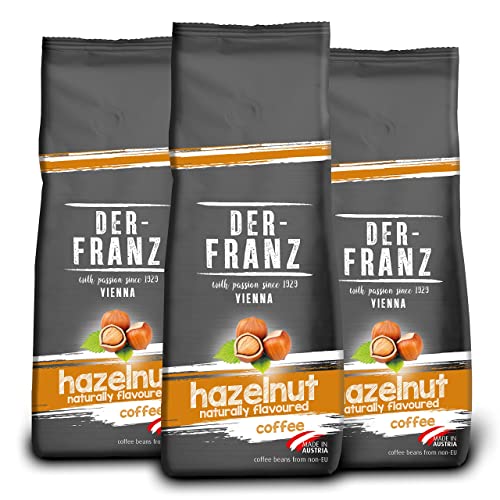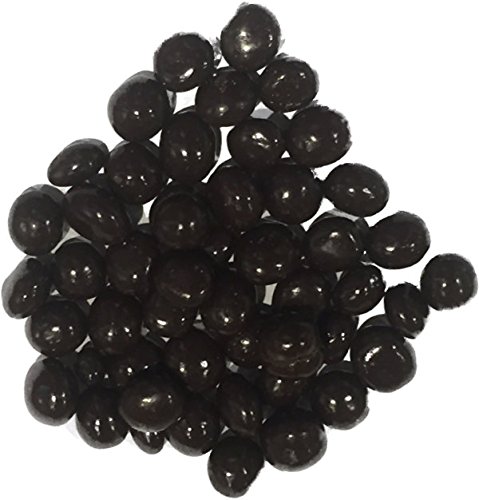Why Coffee Bean Is Fast Becoming The Hottest Trend Of 2023
페이지 정보

본문
 What Are Coffee Beans?
What Are Coffee Beans?The coffee beans you use to brew coffee are actually the seeds of a fruit called the coffee cherry. The coffee plant is perennial, which means that it will return year after year.
Coffee beans contain high concentrations of certain compounds - such as caffeine, so they should be consumed in moderation. Find out more about this popular seed.
Origin
Coffee Bean Suppliers Near Me is a beverage made from the seeds that have been roasted (beans) of the coffee plant. The coffeee beans are one of the most coveted, and profitable international commodities. The coffee plants are evergreen woody plants that thrive in tropical climates. The majority of the world's coffee is produced in the Bean Belt, which includes the regions around the Tropic of Cancer and the Tropic of Capricorn.
The most famous origin story of coffee began in Ethiopia with a goatherder named Kaldi. He observed that the bright red berries produced by certain coffee plants helped his goats become more energetic. Kaldi shared his findings with the abbot of a nearby monastery who brewed a drink using the berries. The berries' energizing effects are spread throughout the monastery.
Presently coffee beans are produced by two major varieties of Coffea plants: Arabica and Robusta. The latter is primarily found in Africa and Indonesia and is generally less expensive than arabica. In addition to the major varieties, there are many smaller specialty beans that are a mixture of arabica and robusta. These beans are referred as Peaberries and have a more savory taste than standard beans.
During roasting, beans could lose moisture, which could result in them becoming bitter or stale. It is essential to use fresh, high quality coffee beans-quality beans for your coffee.
Flavor
The bean type, temperature and processing method can influence the four components of taste - acidity and bitterness along with sweetness and saltiness. The degree of these elements can produce a variety of flavor profiles, ranging from sweet and fruity to nutty or even smoky.
When coffee beans are heated, they react with the amino acids contained in their seeds, forming hundreds of aromatic compounds that influence their flavor profile. This process is called the Maillard Reaction and it is the same chemical reaction that occurs in all cooking. The result is that the scent of roasted coffee reflects those substances.
While the Maillard Reaction affects the overall flavor of a roast, nonvolatile and volatile compounds also contribute to the taste of coffee. The flavor of a unroasted or green bean can be earthy, floral, fruity, or chocolaty. Bitterness is usually associated with full-bodied roasts that contain more caffeine, however it can also be due to poor brewing methods or storage.
Flavored coffee beans are coated with flavor oils that aid in preserve the beans and add a specific aroma and taste. The flavored oils are a combination of chemicals and natural flavors that can include everything from cinnamon to vanilla to chocolate. The flavors stick to the beans through the chemical compound polyphenol.
Health Benefits
Coffee beans contain a wide variety of nutrients that promote health including potassium, magnesium and B vitamins. They're also an excellent source of antioxidants that help prevent the oxidative stress (which can cause chronic illnesses such as cancer and atherosclerosis). The antioxidants chlorogenic acids in coffee beans are particularly beneficial against obesity-related diseases, such as diabetes or high cholesterol levels.
Coffee is a natural energy booster that makes people feel more alert. Caffeine increases neurochemicals, which improves alertness, memory and cognitive function. It also helps regulate blood sugar levels. Drinking moderate amounts has been shown to reduce the risk of developing Parkinson's disease and dementia. It also boosts satisfaction, mood and energy levels as well as concentration.
Anti-aging The antioxidants (including caffeine and the chlorogenic acids) in coffee are a natural moisturizer for the skin, increasing cell turnover, which reduces wrinkles and fine lines. They also provide UV-protection blocking light and preventing sun-induced damage to the skin.
Anti-depressant - Coffee beans are a natural anti-depressant. They boost dopamine levels and serotonin levels in the brain, which increases the level of happy hormones. It also reduces inflammation and pain and pain, acting as a natural painkiller, and improving the effectiveness of medical painkillers. Cafestol and Kahweol are diterpene ester compounds that possess lipolytic properties. They can help reduce cellulite.
Caffeine
Coffee is among the most loved drinks in the world and has become an integral part of numerous morning routines. coffee beans delivery beans are the seeds of the wholesale coffee beans uk plant or coffee cherry. They contain caffeine, a natural stimulant. The amount of caffeine in coffee can differ based on how it is roasted and prepared before being brewed. However, there are fundamental rules regarding the amount of caffeine present in each coffee bean to aid you in making smart choices when selecting your joe.
The average coffee bean has approximately 2 milligrams of caffeine per bean, but the exact amount varies depending on the bean's size and the degree of roasting it has been. It is a common myth that darker roasted coffee beans contain more caffeine than lighter-roasted ones. It's not the case. Dark roast coffee beans contain less caffeine than light roasts because of their lower density. However the amount of caffeine is the same.
 A typical cup of brewed coffee has around 95 milligrams of caffeine within it, however the daily limit for consumption is 400 milligrams. If you are not sensitive to caffeine staying within this limit should not have any negative consequences. Caffeine is not harmful to those who are not sensitive. However it is important to monitor how much caffeine you drink and to be cautious about overdoing.
A typical cup of brewed coffee has around 95 milligrams of caffeine within it, however the daily limit for consumption is 400 milligrams. If you are not sensitive to caffeine staying within this limit should not have any negative consequences. Caffeine is not harmful to those who are not sensitive. However it is important to monitor how much caffeine you drink and to be cautious about overdoing.- 이전글15 Funny People Who Are Secretly Working In Case Opening Battle 24.10.16
- 다음글The 10 Scariest Things About ADHD Assessment Private 24.10.16
댓글목록
등록된 댓글이 없습니다.

